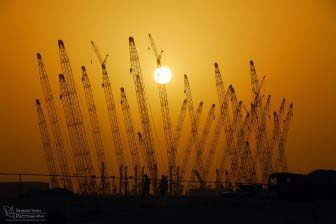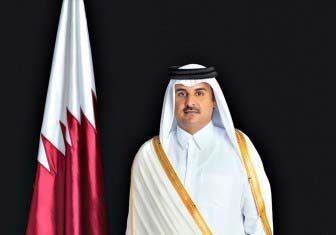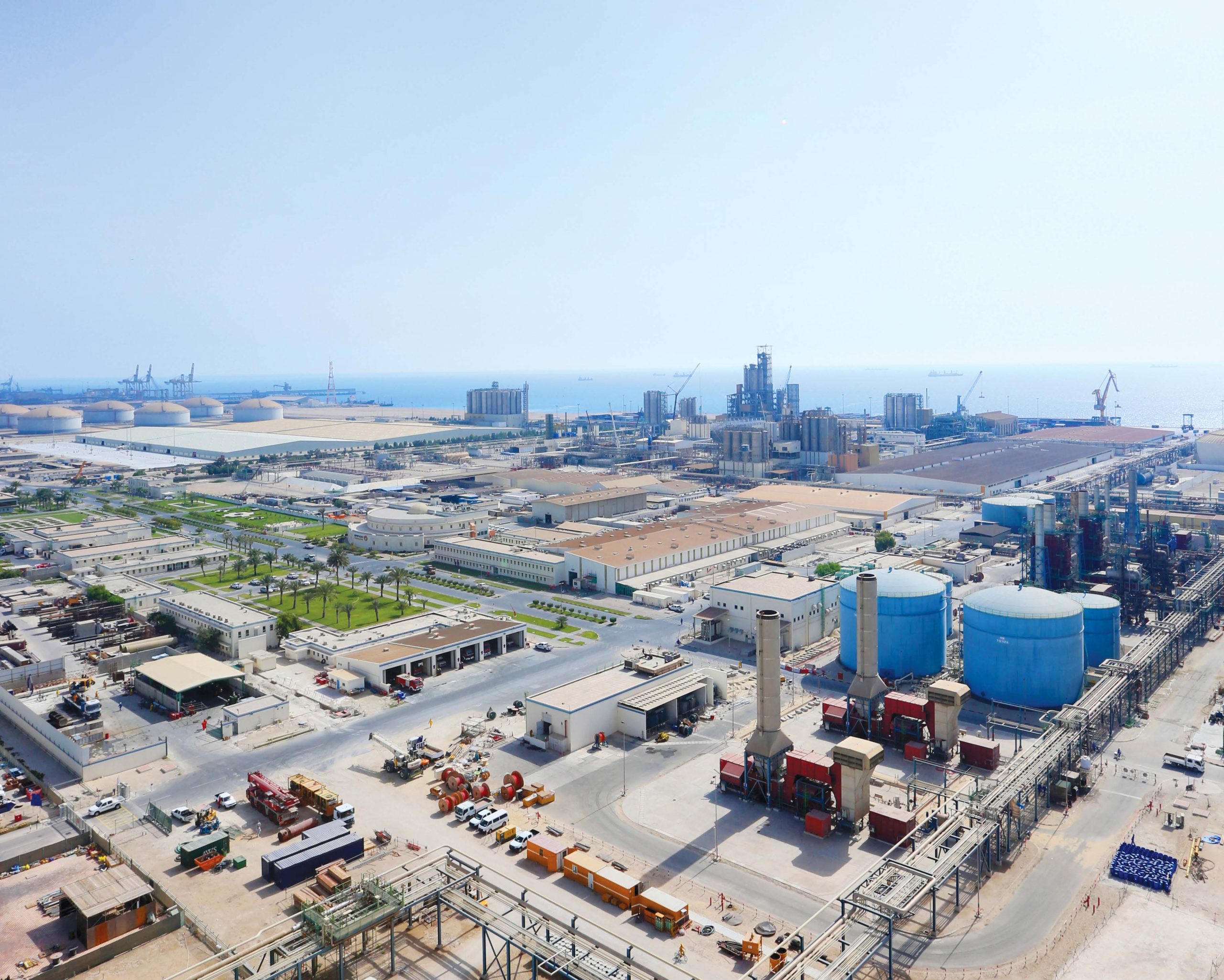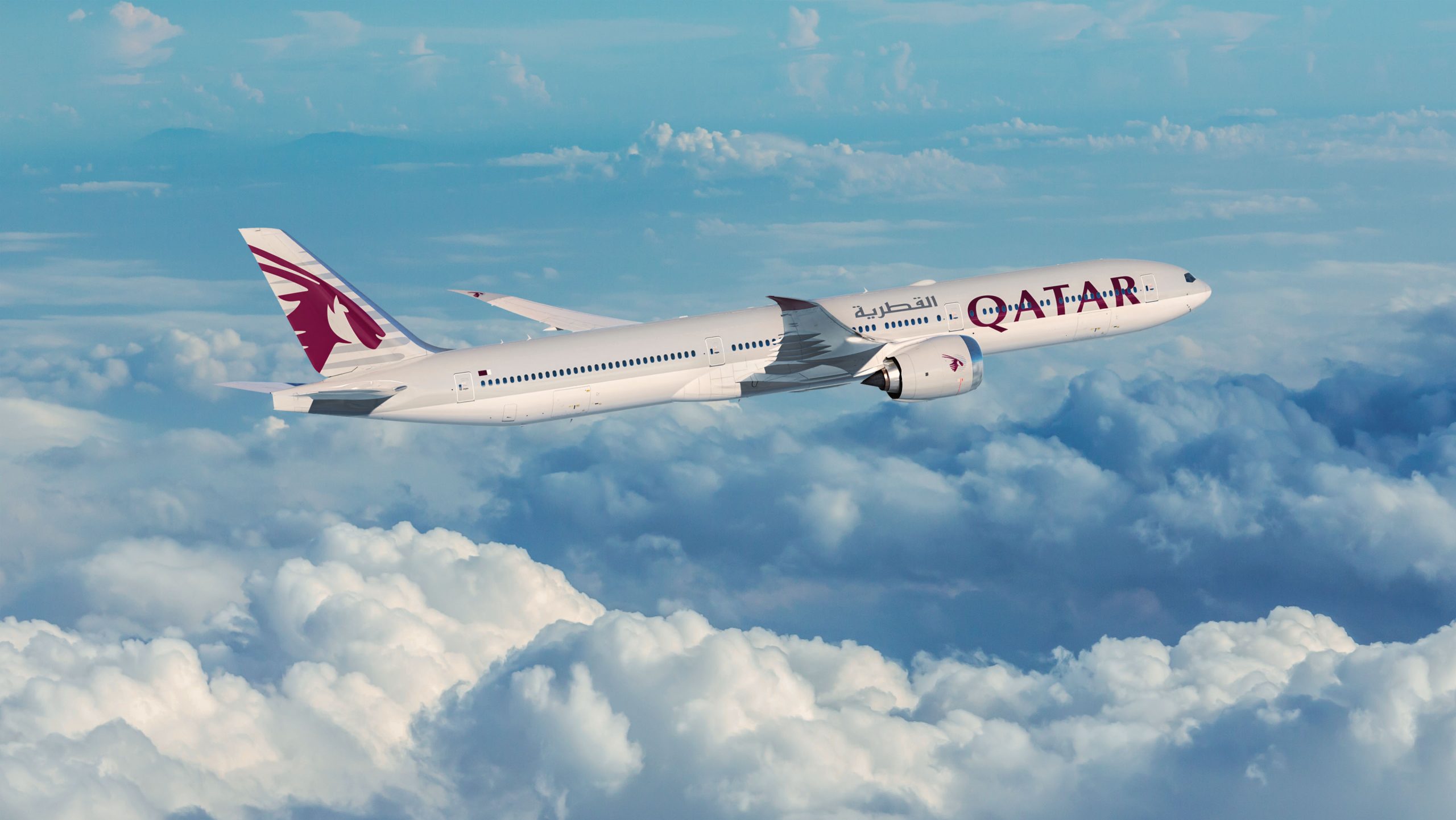
As Qatar continues to up spending on domestic real estate and infrastructure projects, the state and its Gulf neighbors are facing a warning to reduce expenditures as oil prices fall.
In a meeting of GCC finance ministers and central bank governors in Kuwait yesterday, the head of the International Monetary Fund said that oil prices, which have fallen approximately 25 percent since the summer, “increases the urgency for fiscal consolidation.”

IMF managing director Christine Lagarde’s comments come as construction on the Doha Metro, Msheireb Downtown redevelopment and several World Cup football stadiums ramps up.
While these and other mega-projects, such as the Pearl-Qatar and various highways, have helped diversify the country’s economy away from hydrocarbons, many of the developments are being paid for by the government.
Qatar relies more on exports of natural gas than oil, but prices of the two commodities are correlated. The IMF estimates that Qatar needs oil prices to stay above US$77.60 a barrel to continue running a budget surplus.
Brent oil futures closed Friday at $86.13, while a basket of prices among OPEC nations ended at $81.67 a barrel. The drop in prices has been attributed to less demand due to predictions of weak global economic growth.

Qatar typically takes lower oil prices into account when setting its annual budget, which often results in revenues coming in much higher than predicted. For its most recent budget, Qatar assumed oil would sell for $65 a barrel.
But higher-than-expected expenses have eroded that cushion in recent years. In 2013-14, government expenditures were more than 9 percent, or QR21 billion ($5.78 billion), higher than budgeted, according to the Qatar Central Bank (QCB).
This means that lower natural resource revenues could present challenges for Qatar’s government, which reportedly rescheduled 15 percent of its development projects earlier this year among rising costs, among other hurdles.
Where Qatar get its money
The exact impact of declining oil prices on Qatar’s public finances is unclear. The country has diversified its sources of revenue and could likely tap debt markets and borrow more money if needed.
A growing share of government revenue is coming from investment income as well as Qatar’s 10-percent corporate tax, according to a recent report by Qatar National Bank.

From 2013-14, income from oil and gas made up 56.3 percent of the government’s revenues, which totaled QR346 billion ($95.2 billion), according to the QCB. Investment income made up 29.7 percent.
According to Kuwait’s state news agency, the IMF’s Lagarde said Gulf countries could mitigate the risks posed by declining oil prices through replacing across-the-board subsidies with measures targeted at those who are most in need.
“That is a good way to re-orientate public spending,” she said.
Kuwait has repeated this message to other GCC members and has also called for reductions in government wages to help cap public spending.
In Qatar, there’s been no public suggestion by officials that the country is considering a reduction in subsidies or has plans to clamp down on government salaries and wages, which climbed 19.7 percent in 2013-14.

But in one of his first national addresses, Emir Sheikh Tamim bin Hamad Al Thani promised to cut the fat in government.
While no figures have officially been disclosed, the budgets of the Qatar Museums and the Doha Film Institute, among other organizations, are believed to have been drastically reduced.
Elsewhere in the Gulf, Oman appears to already be moving in this direction. The country’s minister for financial affairs told Reuters on the sidelines of the weekend’s meetings that declining oil prices will push Oman to likely start cutting state subsidies next year.
Thoughts?







